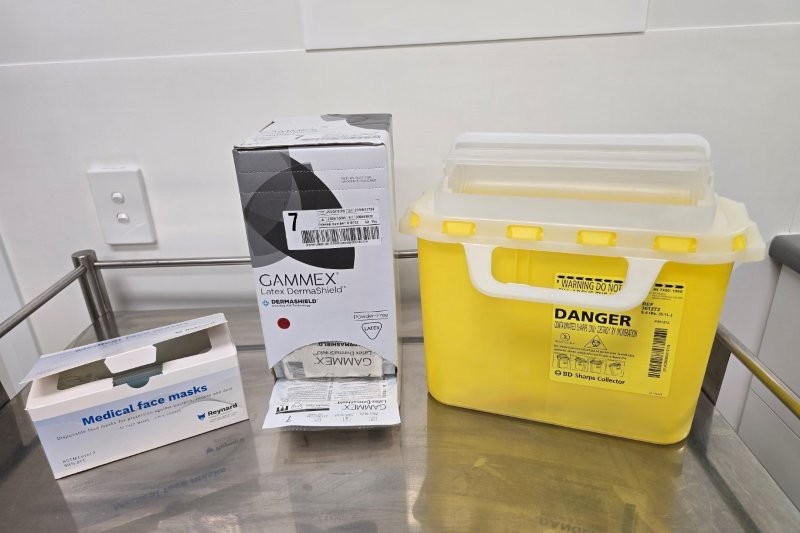Book review – Current management of diabetic retinopathy, 1st edition
By Caroline R. Baumal and Jay Duker
Reviewed by Dr David Squirrell
If books are food for the brain, this one is a super fruit. At 165 pages Current management of diabetic retinopathy is a compact book, comprising 13 chapters, split into three sections. The meta narrative of the book leads the reader through a series of sensibly arranged sequential chapters which start with an overview of the epidemiology and natural history of diabetic retinopathy through to treatment reaching journeys and ending with a series of excellent clinical scenarios.
As one would expect from a book that comes from the fold of The New England Eye centre, the text is well written, concise and amply illustrated. Although the reader may at the outset be intimidated by the scope of the book, the editors must be congratulated on crafting a text that is refreshingly easy to read. Each chapter stands on its own merit and if the reader approaches the book as a series of bite-sized, standalone pieces it can be quickly devoured and the pearls therein extracted.
The book has many strengths, but perhaps the greatest accomplishment is to present the very many treatment trials in their context and bring out the salient points and relevant findings in each. For the trainee and experienced clinician alike the summary of the DRCR.net protocols, their key findings and clinical application is a fabulous resource. Closing the book with a series of clinical scenarios helps bring the evidence presented back to a clinical focus. Its weaknesses? There are not many, but the discussion on diabetic screening omits findings from “big data” studies which suggest that screening intervals for very many can be safely extended to two and even three years.
So, who would find this book useful? I would argue that there is food for all here. It is a must for ophthalmology trainees but even experienced clinicians practicing in the field will find the book a valuable resource. Whilst it is inevitable, that in a fast-moving field like diabetic retinopathy such a book is already out of date; it serves as a sure foundation upon which to build one’s future knowledge base. It has certainly earned its place on my already overcrowded bookshelf.
About the author:
Dr David Squirrell is a medical retina specialist who works in both public and private practice in Auckland, New Zealand. Amongst other responsibilities he serves as the clinical lead for the Auckland Diabetic Retinopathy Screening Programme and he is the chair of the Northern Region Diabetic Retinopathy Screening Governance Committee. His current research interests include retinal imaging and novel treatments for diabetic retinopathy and macular degeneration.
























